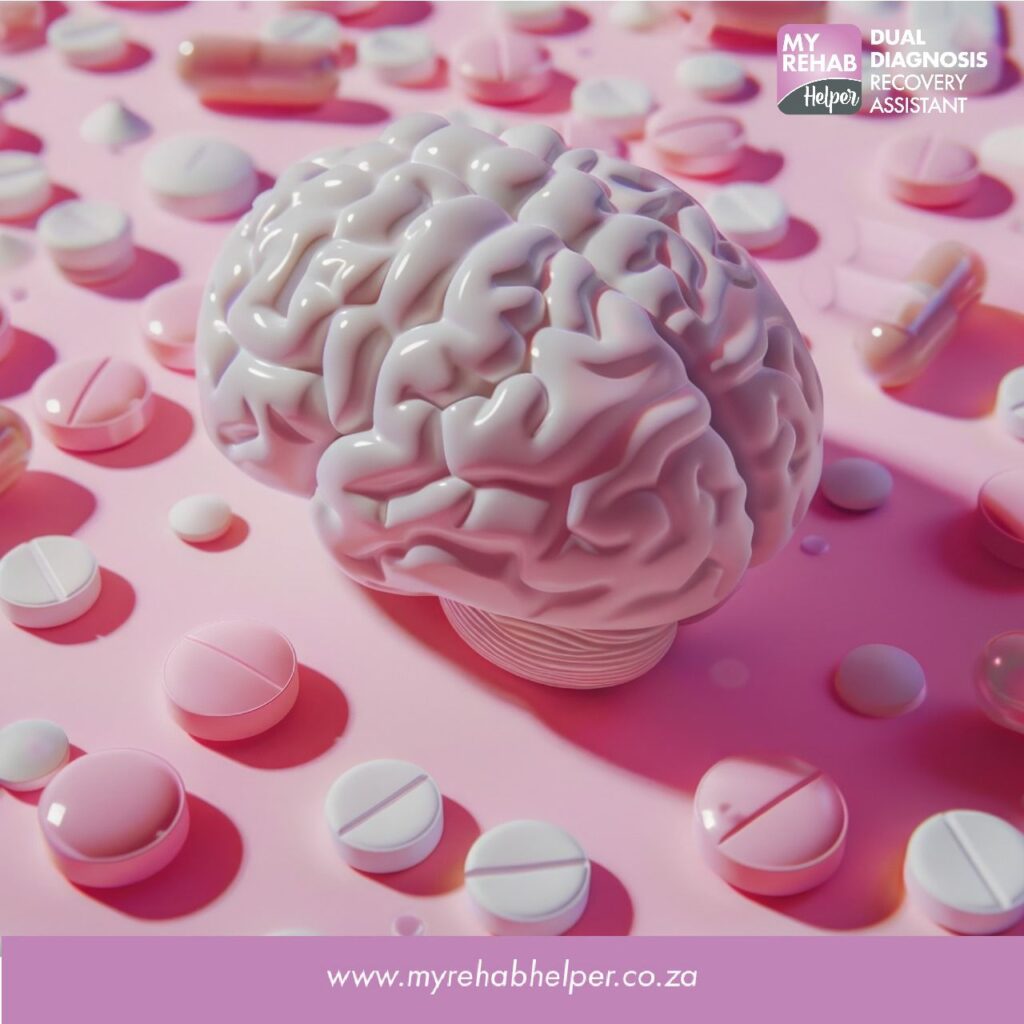What Causes Relapse and How to Prevent It
Relapse can occur due to various factors like emotional triggers, environmental cues, and stress. Overwhelming emotions can lead to unhealthy coping mechanisms, while familiar places or people may reignite cravings. Stressors from work or personal life also play a significant role.
To prevent relapse, it’s essential to recognize these challenges and develop healthy coping strategies. Surrounding yourself with supportive individuals creates a strong support system. Keep reading to learn how to build resilience on your recovery journey.
Understanding Relapse: A Brief Overview
Understanding relapse is essential for anyone on the journey to recovery, as it can happen unexpectedly and often feels like a setback. You might think of relapse as simply returning to old habits, but it’s more complex.
Relapse often involves a combination of biological, psychological, and social factors. Recognizing that relapse isn’t a failure but a part of the recovery process can help you stay motivated.
By being aware of the warning signs and triggers, you can take proactive steps to prevent relapse.
Emotional Triggers and Their Impact
While navigating your recovery, emotional triggers can greatly impact your progress. Feelings like stress, sadness, or anger may lead you to seek comfort in old habits.
Recognizing these emotional triggers is essential; they often surface unexpectedly. When overwhelmed, it’s easy to revert to unhealthy coping mechanisms.
Instead, identify what emotions are surfacing and how they influence your behavior. Practicing mindfulness, journaling, or confiding in someone you trust can help you process these feelings in a healthier way.
Environmental Cues That Lead to Relapse
Environmental cues are powerful triggers. Places you used to visit, people you spent time with, or even specific sights and smells can reignite memories and cravings.
For example, walking past a bar or running into old friends might bring back strong urges.
To protect your recovery, it’s vital to:
-
Identify environments that trigger you.
-
Avoid or minimize exposure to these cues.
-
Build new, healthy routines in safe settings.
Creating a trigger-free space gives you a better chance at long-term sobriety.
The Role of Stress in Recovery
Stress is a significant factor in relapse. Life challenges—whether from work, relationships, finances, or personal struggles—can overwhelm your coping capacity.
Instead of turning to substances, practice stress-reducing techniques like:
-
Deep breathing
-
Regular physical activity
-
Mindfulness or meditation
Build a support network that helps you manage stress in positive ways. Reach out for professional help if needed. Proactively managing stress makes your recovery stronger and more sustainable.
Social Influences and Peer Pressure
Your social environment has a major impact on your recovery. Supportive friends and family members can encourage your sobriety. On the other hand, peers who still use substances can pose serious risks.
Peer pressure can lead to moments of doubt or temptation. Evaluate your social circle honestly:
-
Are your relationships helping or harming your recovery?
-
Do you feel pressure to engage in unhealthy behavior?
Surround yourself with people who uplift and support your goals.
Coping Mechanisms: Healthy vs. Unhealthy
Coping mechanisms are how you deal with life’s challenges. Choosing the right ones is key to maintaining recovery.
Healthy coping strategies include:
-
Exercise
-
Mindfulness and relaxation techniques
-
Talking to a therapist or support group
-
Creative outlets like writing or art
Unhealthy coping strategies—like substance use, isolation, or risky behaviors—can sabotage your progress.
Understanding the difference and making conscious choices will strengthen your recovery foundation.
Developing a Relapse Prevention Plan
A personalized relapse prevention plan can be your safety net.
Steps to create your plan:
-
Identify your triggers – emotional, environmental, and social.
-
Create coping strategies – match them to specific triggers.
-
Set clear recovery goals – and steps to achieve them.
-
Track your progress – use journaling or a progress app.
-
Stay flexible – adjust your plan as your journey evolves.
Being prepared helps you act quickly and smartly when temptation arises.
Building a Support System for Lasting Recovery
Recovery isn’t a solo journey. Building a strong support system can be the difference between success and setbacks.
Surround yourself with:
-
Encouraging friends and family
-
Support groups (in-person or online)
-
Therapists or counselors familiar with addiction recovery
Communicate openly and lean on your support system during hard times. You’re never alone in this journey.
Frequently Asked Questions
Can relapse happen after years of sobriety?
Yes, relapse can occur even after years of being sober. Life changes, unexpected triggers, or emotional struggles can all challenge your recovery. Maintaining ongoing support and practicing healthy habits is essential.
What are signs someone might be close to relapse?
Warning signs include mood swings, increased cravings, isolation, irritability, and a loss of interest in previously enjoyed activities. Recognizing these early can help you take immediate steps to regain balance.
How can family members help prevent relapse?
Family can help by being emotionally supportive, avoiding judgment, encouraging healthy routines, and learning about addiction. Celebrating progress and being present in your recovery journey makes a big difference.
Are there specific activities that increase relapse risk?
Yes—like visiting triggering places, engaging with people who use, or being in high-stress environments. Awareness is key to making safe choices.
What role does nutrition play in preventing relapse?
Good nutrition supports brain health and emotional balance. Eating well can reduce anxiety, boost energy, and improve your overall well-being—helping you stay strong against relapse triggers.
Relapse isn’t a sign of failure—it’s a signal to realign and reinforce your recovery. By understanding your emotional, environmental, and social triggers, you can build a strong foundation for lasting change.
Healthy coping strategies, a solid prevention plan, and a reliable support system are your best tools for staying on track.
Keep going. Your recovery is worth it—and so are you.

